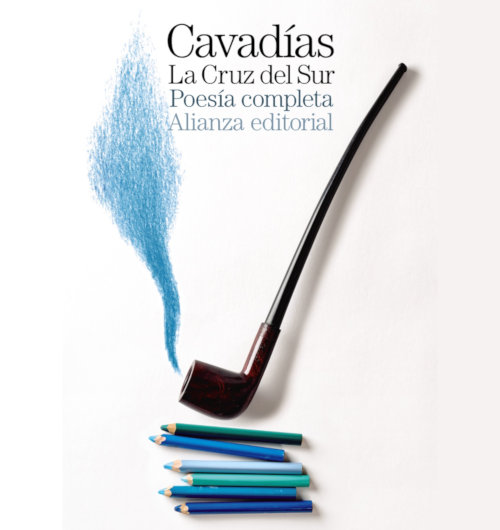It's the little things
New Delhi
After one week, I’m nearly re-assimilated to India, returning after an absence of one year and three months (yes, I was counting the months and fractions thereof).
A newly spiffy Indira Gandhi International airport was unrecognizable - entirely too efficient, clean, aesthetically designed and well-organized.
Even more astonishing was the gleaming Airport Metro, India’s own Train to the Plane. For 80 rupees (less than $2 USD), I entered the shining, near-empty marble enclave (soon to sport a 24-hour shopping mall) and was whisked toward central Delhi in a fashion rivaling a Tokyo bullet train.
What struck me upon emerging overground was not the overwhelming panorama of India in all its chaotic majesty. It was the incidentals I’d forgotten that, for the past seven years, were a part of per diem.
-The burning garbage smell
-The “no change” thing. Change, of course, comes from within.
-The smell of the toxic cleaning fluid, equal parts Pine Sol and ammonia, that everything clean is soaked in. The fumes of this cleaning fluid rise up, choking your gullet
-The little location notes on your mobile phone. Wherever you roam, a thoughtful note pops up onscreen with names like "Lodi Gardens" or "Ernakulam Junction."
-The mothball thing. Where did Indians get the idea that mothballs, which are pure poison (that's why they drive moths away), are some kind of disinfectant and should be used not only to store even cotton sheets but to deodorize and clean bathrooms? Invariably there's a handful of mothballs installed in the shower drain, radiating toxic fumes.
-The thin red streams of betel juice projecting from the cycle-rickshaw puller’s mouth
-The panel of light switches – at least five for each room, only 2 of which really seem to do anything or connect to an appliance
-Tan polyester pants, often paired with a tan or chocolate-milk-coloured polyester long-sleeved shirt, in 95 degree F weather. Like the mothballs, I've always wondered about the origin of this style. The pants are belted and rather tight-fitting. It seems the worst possible outfit for a tropical climate, and the colour or lack of makes it seems a strange echo of an khaki police uniform.
-The sliding latches on the backside of every door
-"Jain sambar available." "Jain food" means made with no onions (or eggs, and probably a number of other things). I appreciate the way India accomodates so many religious minorities.
-The omnipotence of Shahrukh's face.
-The breath freshener at the end of even the most humble meal - an anise seed, often coated in sugar. This taste, combined with air conditioning, will always remind me of my first winter in Madras.
Here’s another example of Delhi’s many efforts to clean up.
There are now some No Hawking Zones. But an inordinate number of yummy street food vendors seem to have been removed, including my favourite kathi-wallah Khan ChaCha In Khan Market. Khan ChaCha is now upstairs and upscale, above its previous funky street-stall location. Translation: Nowhere near as much fun. But the Delhi High Court didn’t want people standing out in the lane, munching on their paneer rumali rolls in the open air as they had done for years.
In Nehru Place, I even saw a signboard pointing the way toward “vendors under stay of Delhi High Court,” meaning, I suppose, they’d been forced to move.
A lot (not all) of the teeming profusion of street life that makes India fun seems to have been removed from New Delhi. Haven’t spent time in Old Delhi this trip.
Perhaps most amazingly of all, the Metro is finished. Finished! As in, all lines leading to all far-flung branches of Delhi, including Qutb Minar and Noida, are now accessible for the nominal Metro charges. The first car of every train is reserved “Kaival Mahila” (for women only).
It’s not always respected, but in the evenings women police board the car and vehemently shoo away all but the oldest menfolk (or, I’ve noticed, some men who are obviously travelling with their wives. Don’t ask me how I know they are married, you just know. Probably from their total lack of interest in one another).
















